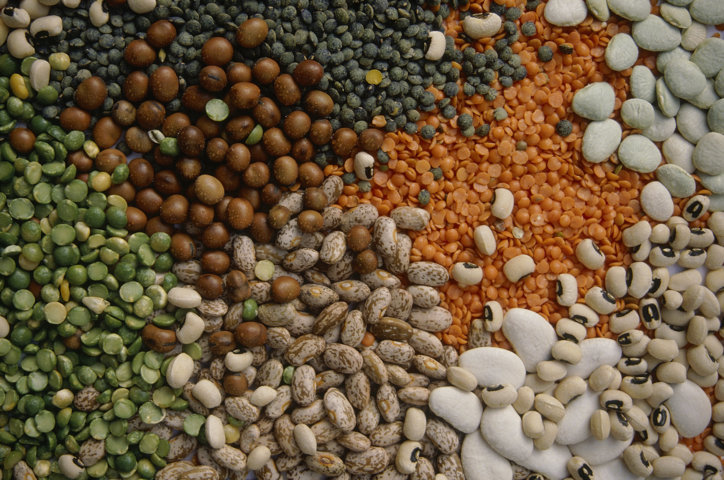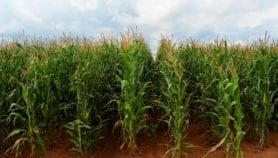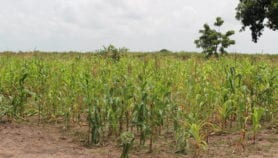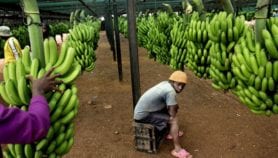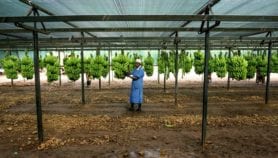By: Okoth Okwach
Send to a friend
The details you provide on this page will not be used to send unsolicited email, and will not be sold to a 3rd party. See privacy policy.
[NAIROBI] Emerging agricultural technologies such as genetically-modified (GM) crops have a big role in addressing the perennial food shortages while promoting sustainable land use in developing countries, says an expert in international development.
During a lecture on leveraging technology for development organised by Aga Khan University in Kenya last month (2 March), Calestous Juma of the US-based Harvard Kennedy School of Government said emerging crop biotechnologies are vital for Africa’s future food security and development.
Juma, a professor of international development, said GM maize and sorghum have proved very important in addressing food insecurity, climate change related impacts in Africa and gave the example of South Africa, which is commercially producing GM maize and Burkina Faso that is fast adopting the technology.
“Emerging technologies like GMOs present an opportunity for the countries to become food-secure and free up resources for development.”
Calestous Juma, Harvard Kennedy School of Government
“Economic advancement in most developing countries has been [held] back by perennial food shortages occasioned by factors such as drought and climate change,” Juma noted. “Emerging technologies present an opportunity for the countries to become food-secure and free up resources for development.”
“The technologies ensures sustainable use of resources because less land will be needed to grow food to feed the same number of people and there would be less demand for water for irrigation since the varieties are drought-tolerant, and exert less pressure on the environment.”
Juma urged developing countries, especially those in Africa, to invest in technologies that would provide the basis of industrial take-off.
He added that although information and communication technologies serve as a foundation for industrial diversification, developing countries have failed to harness this knowledge for industrialisation.
Juma told SciDev.Net that political ideologies are also hampering Africa’s ability to harness the power of some of the emerging technologies for development. “For example, by joining the European Union bandwagon against transgenic crops, Africa has hobbled its own capabilities in genomics,” Juma said.
Margaret Karembu, director for the International Service for the Acquisition of Agri-biotech Applications' AfriCenter in Kenya, says GMOs present the best opportunity for African countries to create wealth, employment and reduce negative environmental impacts, thus contributing to the social welfare of the populace.
Karembu says, “Kenya's capacity in research so far demonstrates that the sector can adequately find solutions to the challenges facing the agricultural sector using biotechnology.”
This article has been produced by SciDev.Net's Sub-Saharan Africa desk.


